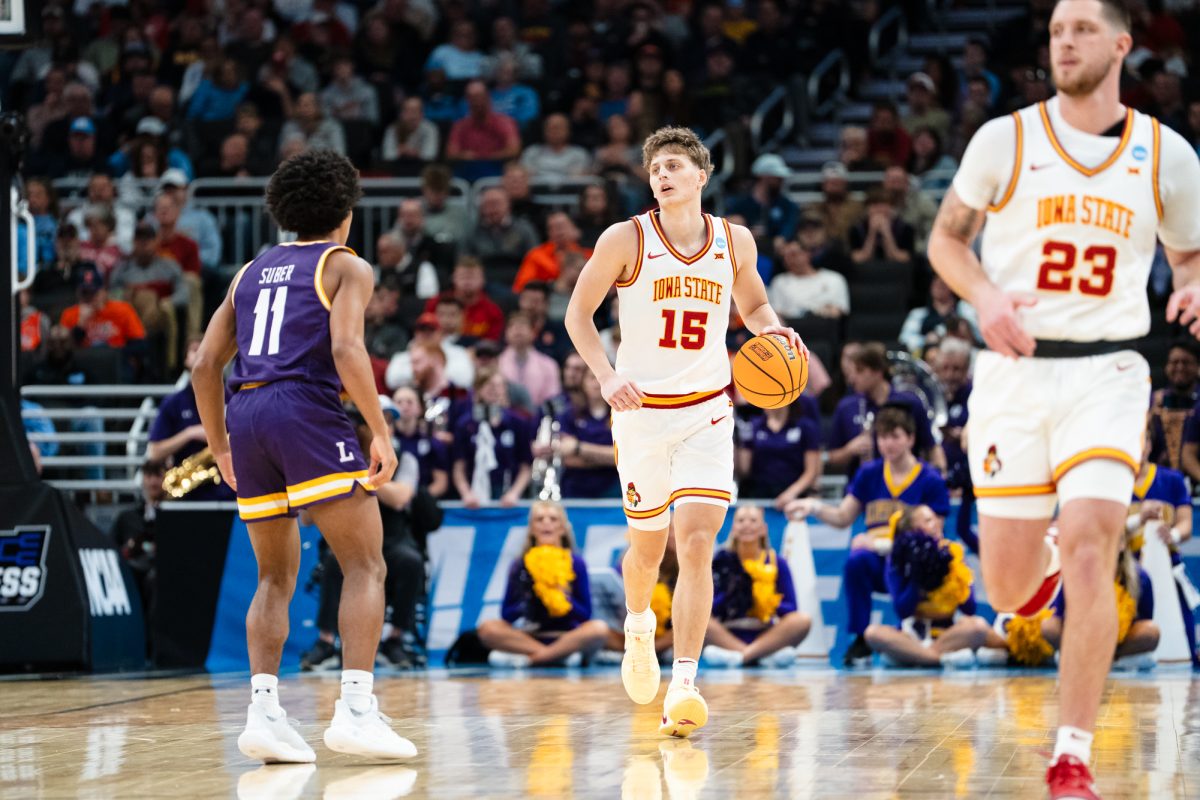Sexual assault, violence grant extended until 2012
October 25, 2010
A $1 million flagship grant to reduce domestic violence, dating violence, sexual assault and stalking on campus has been extended for another two years.
The grant is funded by the United States Department of Justice and was started in 2007. It was supposed to end in July 2010, but was extended to keep the education going and have a final review of policies on campus, said Martha Tanner, assistant to the vice president of Student Affairs.
Tanner said most of the money is held at the University of Northern Iowa because the school is directing the initiative.
She said Iowa State received $78,416 of the grant money, and she is unsure of how much the Board of Regents universities will receive for the 2010 to 2012 portion of the grant.
A large portion of that money went to creating the Catalyst Theatre Co., a troupe of student actors who perform at Destination Iowa State to educate students about gender equity and sexual assault, Tanner said.
She said the grant is also helping by educating the campus police force and faculty to get everybody on the same page for when someone reports to them.
The money provided for two conferences — one on educating men on gender violence and the other on assault services. The university was also able to bring in a consultant to review policies.
“We didn’t have one policy for sexual misconduct for students. We had general harassment policies. We just had to separate the language into one place,” Tanner said. “This didn’t change campus policies, it just brought them together into one.”
Although the exact effects of the grant are hard to quantify, numbers of reported sexual violence have gone up on campus since 2007.
Steffani Simbric, program assistant for public safety and Story County Sexual Assault Response Team coordinator, said it’s hard to quantify how many sexual assaults are actually happening because national statistics say that between 60 and 90 percent of assaults are never reported.
“I think it’s hard to speculate direct results. It is making a difference … There is anecdotal evidence with students on campus, a real trend of rising numbers that are reported is occurring,” Simbric said.
She said the grant is helping intervention services in the area publicize what they can do for sexual assault victims.
“The first question we ask is what does the victim want? What can we do to help? The victim gets to decide what to do,” Simbric said.
Simbric said they help people find support and services for healing and help out if they decide to do any kind of judicial counseling or press charges.
“Just building awareness is a big goal for this grant,” Tanner said.






